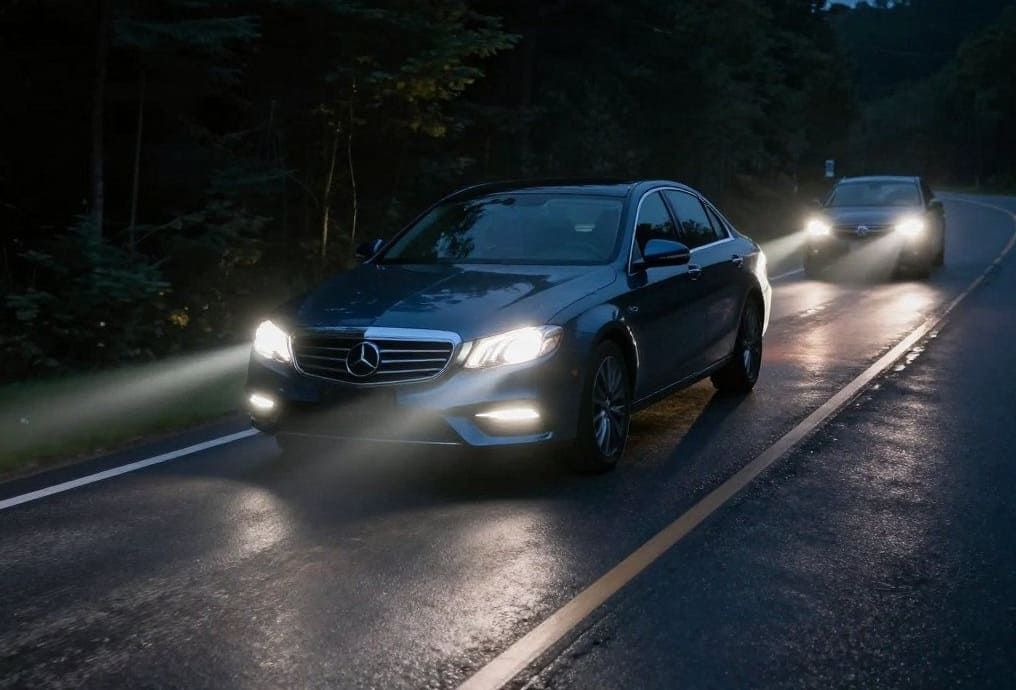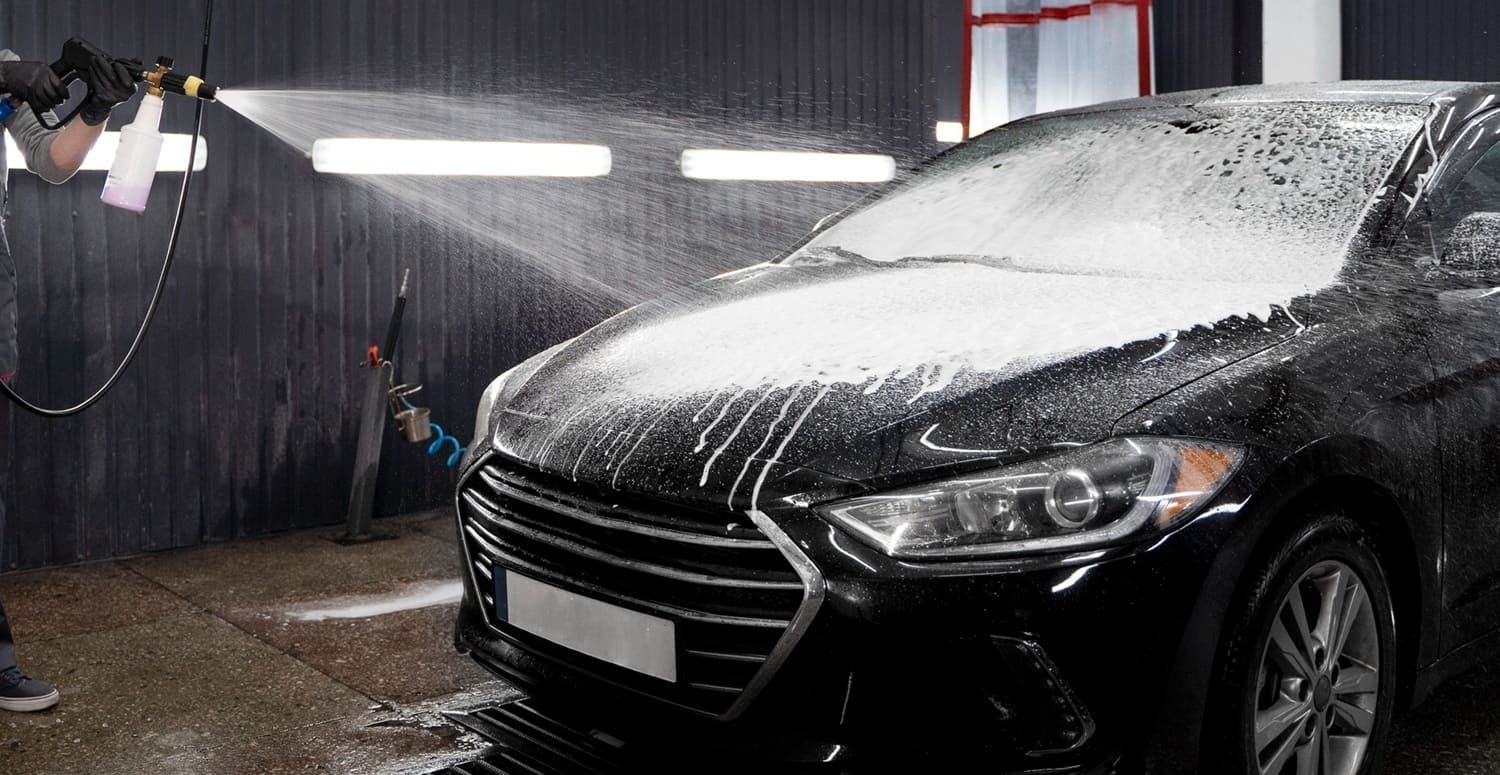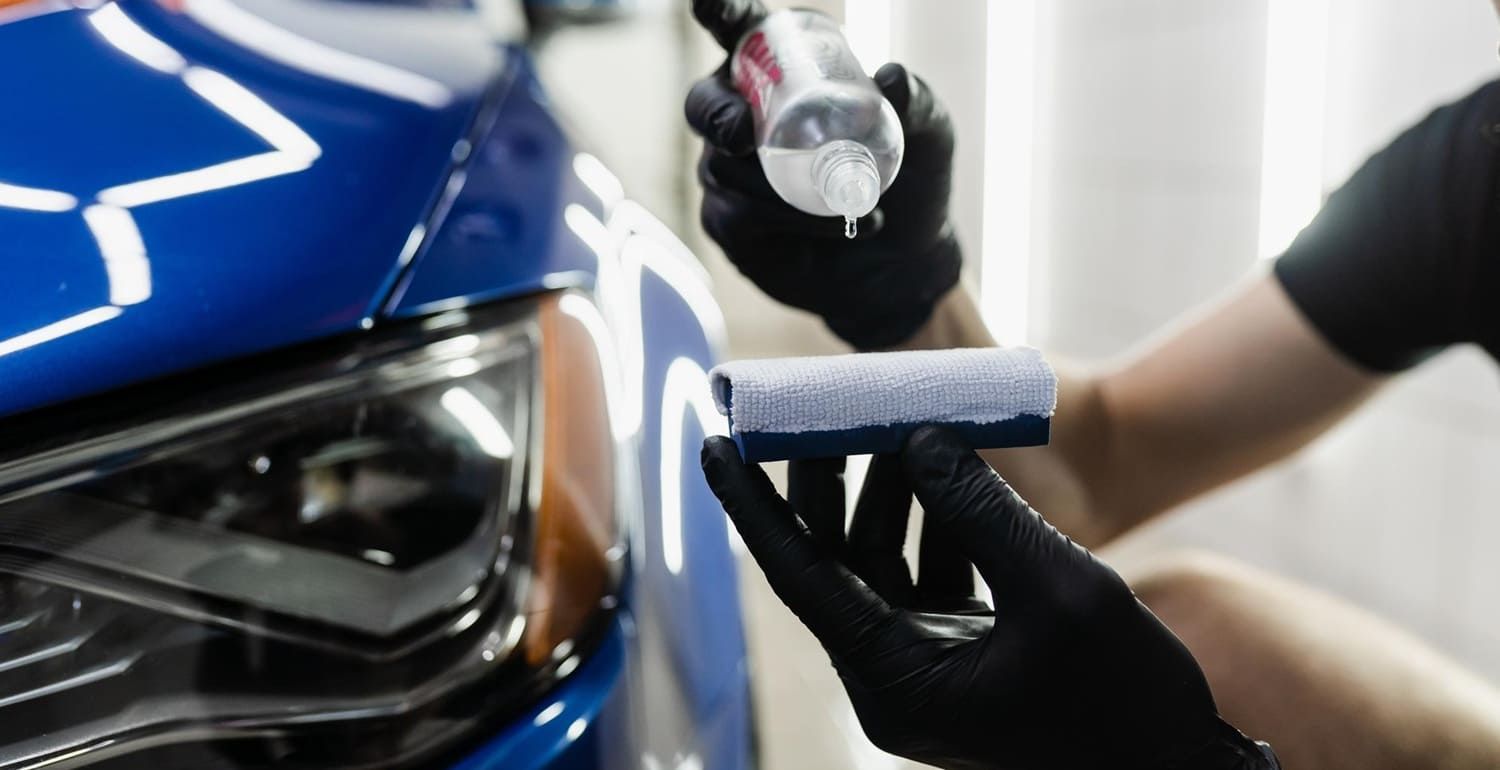Window Tinting Laws in Tennessee: 2026 Compliance Guide
Introduction: Why Understanding Tennessee Tint Laws in 2026 Matters
Navigating Tennessee’s
window tinting laws for 2026 is no longer optional—it’s a must for every driver aiming to stay safe, avoid costly fines, and keep their vehicle street-legal. With evolving regulations and increasing roadside inspections, understanding visibility requirements, legal VLT (Visible Light Transmission) percentages, and compliance rules is crucial for all Tennessee car owners, whether you drive a sedan, SUV, or truck. Unintentional violations can result in tickets, failed inspections, or even forced removal of non-compliant film. This comprehensive 2026 compliance guide will break down everything you need to know, helping you choose the right legal tint and enjoy the
benefits of UV protection, glare reduction, and
privacy—while remaining on the right side of the law. Let’s dive into
Tennessee window tint laws for 2026 and demystify what’s legal, what’s not, and how to guarantee you’re always compliant.

Table of Contents
- 1. Tennessee Legal VLT Percentages for Sedans, SUVs & Trucks
- 2. Windshield Tint Rules in Tennessee
- 3. Reflectivity and Tint Color Restrictions
- 4. Medical Exemptions for Window Tint in TN
- 5. Penalties and Fines for Non-Compliance
- 6. How Tint Is Measured During Inspections
- 7. Tennessee Window Tint Laws 2026 FAQ
- Conclusion & Call to Action
1. Tennessee Legal VLT Percentages for Sedans, SUVs & Trucks
Tennessee law strictly regulates the Visible Light Transmission (VLT) for each vehicle’s windows. VLT defines how much light must pass through the combination of glass and tint film. Below is a quick-glance table for 2026 legal VLT percentages:
| Vehicle Type | Front Side Windows | Rear Side Windows | Rear Window |
|---|---|---|---|
| Sedan | 35% VLT or higher | 35% VLT or higher | 35% VLT or higher |
| SUV/Van | 35% VLT or higher | Any darkness | Any darkness |
| Truck | 35% VLT or higher | Any darkness | Any darkness |
It’s important to realize that aftermarket films are measured in combination with factory glass. Violating these thresholds can mean instant non-compliance, so always confirm total VLT post-installation to stay street-legal in Tennessee for 2026.
2. Windshield Tint Rules in Tennessee
The windshield has stricter tinting rules in Tennessee. For 2026, non-reflective tint is only allowed above the manufacturer’s AS-1 line (or within the top five inches if no AS-1 is visible). No tinting is permitted below this zone. This rule helps preserve driver visibility and ensures compliance even during nighttime or poor weather conditions. Be wary: full or dark windshield tints are not legal and are a frequent reason for citations during traffic stops and annual inspections.
3. Reflectivity and Tint Color Restrictions
Reflectivity: Tennessee law prohibits excessive reflectivity in window films. Window tinting must not be more reflective than a typical standard window on any vehicle. This prevents dangerous glare for other motorists and reduces distraction on the road.
Tint Color: TN tint compliance rules explicitly forbid metallic or mirrored tints and prohibit red, amber, and yellow colors for any window tint. Legally compliant films are typically charcoal, gray, or smoke.
4. Medical Exemptions for Window Tint in TN
Certain medical conditions justify exceptions to the standard Tennessee window tint laws 2026. Drivers—or legal guardians—can apply for a Medical Exemption Certificate through the Tennessee Department of Safety. Approved drivers may use darker tint but must carry the DOT-issued certificate in the vehicle at all times. The condition must be verified by a licensed medical professional, and improper use or expired exemption certificates can result in fines or removal of tint. If considering a medical exemption, consult with both your doctor and tint installer before application.

5. Penalties and Fines for Non-Compliance
Ignoring Tennessee’s 2026 car window tint rules can lead to:
- Fines and citations (often $130–$300+ per violation)
- Mandatory removal of illegal tint
- Failed safety or emissions inspections (blocking vehicle renewal)
- Potential increases in insurance premiums
Repeat offenders may face harsher penalties, and failure to comply after being cited can escalate the consequences. Law enforcement officers use quick, reliable inspection methods, and most patrol cars are equipped to test window VLT on the spot.
6. How Tint Is Measured During Inspections
VLT is measured using an accurate tint meter, which clamps over the window to determine exactly how much light passes through glass and film combined. Inspection stations and police use these devices, and your tint will need to pass at every safety/emissions inspection to renew your registration in 2026. Always request a meter reading after installation, and if possible, get a printed receipt or certificate from your installer verifying compliance for your records.
7. Tennessee Window Tint Laws 2026 FAQ
What is the legal tint percentage in Tennessee for 2026?
35% VLT or higher on front and rear sides for sedans; SUVs and trucks may have any darkness on rear windows but must keep fronts at 35% VLT or higher.
Are colored tints (red, amber, yellow) legal in Tennessee?
No. Colored, mirrored, metallic, or highly reflective films are all banned under TN law.
Is windshield tinting allowed in TN?
Only non-reflective tint above the manufacturer’s AS-1 line (normally the top five inches) is permitted.
Can I get a medical exemption for darker tint?
Yes, with a doctor’s approval and a state-issued exemption certificate kept in the car.
What happens if my windows are too dark during an inspection?
You’ll fail inspection and must remove or replace illegal tint before renewal.
Can out-of-state cars with darker tint drive legally in Tennessee?
No, all cars operated in TN, even out-of-state, must meet Tennessee VLT compliance while in-state.
How is tint tested and enforced by police?
Police use tint meters for roadside checks. Visible violations can trigger stops and citations.
Are rear and back seat windows held to the same VLT as front?
For SUVs and trucks, no—the rear can be any darkness; for sedans, all side and rear must be 35% or lighter.
What are the penalties for illegal tint?
Citations, fines, failed inspections, mandatory removal, and possibly other charges for repeat violations.
Who should I trust for legal, 2026-compliant tint installation?
Always select a certified local expert like Wells Window Tint, who stays up to date on state laws.
Revised Conclusion & Call to Action
Tennessee window tint laws for 2026 are clear: know your numbers and stay proactive about compliance. Legal tint in TN means 35% VLT or lighter on all front windows (and all sides/rear for sedans), no colored or mirrored tints, and windshields strictly limited to the AS-1 zone. Medical exemptions are available with proper documentation, and penalties for ignoring the law can be steep. Don’t risk failed inspections, fines, or having to redo your tint—trust a legal expert who understands Tennessee regulations.
For fully compliant, 2026-approved installation, Wells Window Tint in Tennessee is your trusted local specialist. Call us today at (931) 698-1652, visit our shop in Columbia, TN, or request your free estimate anytime at wellswindowtint.com. Our certified team guarantees legal compliance, maximum comfort, and flawless installation the first time—so you can drive confidently, protect your investment, and stay safe on Tennessee roads.











